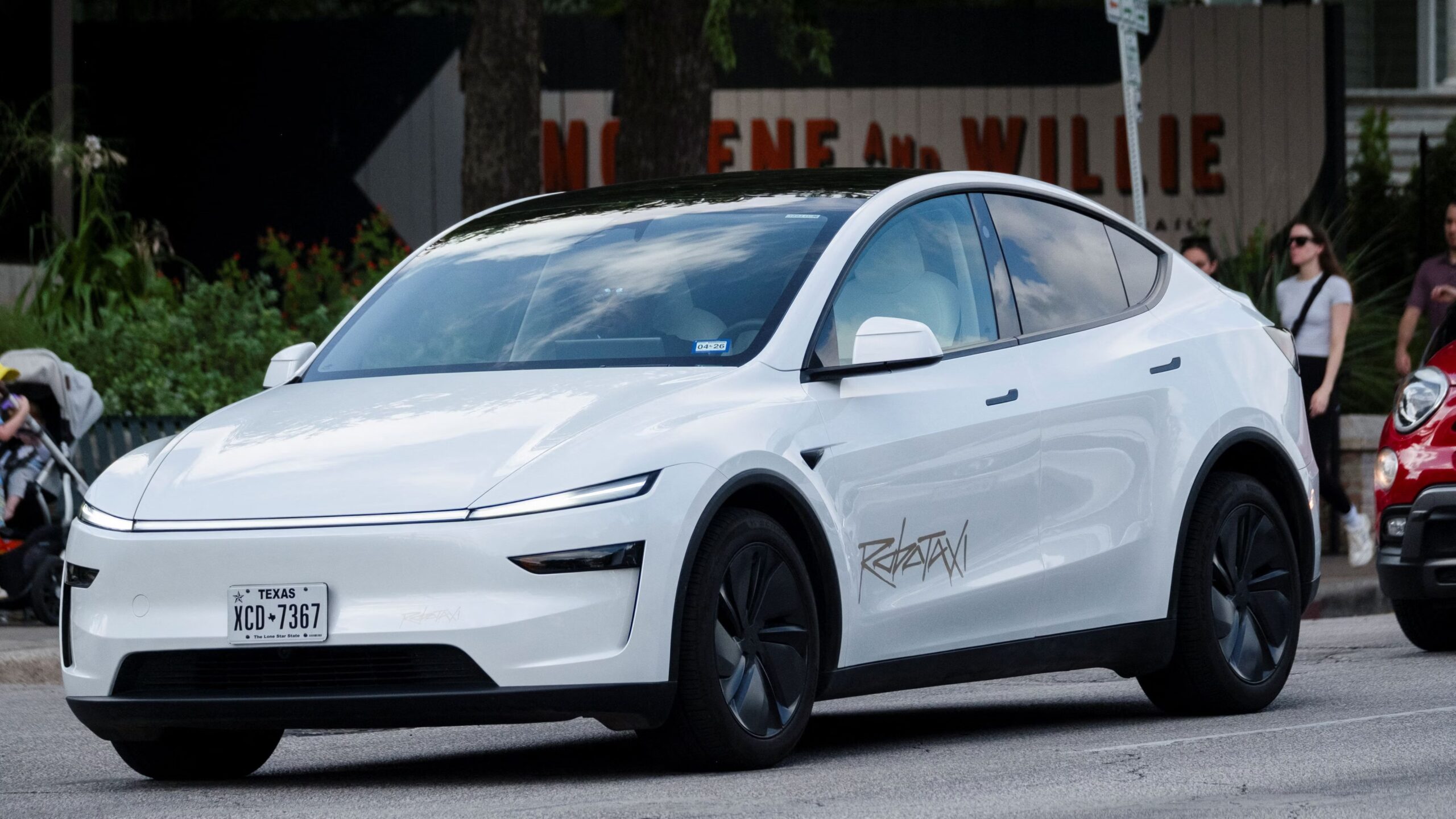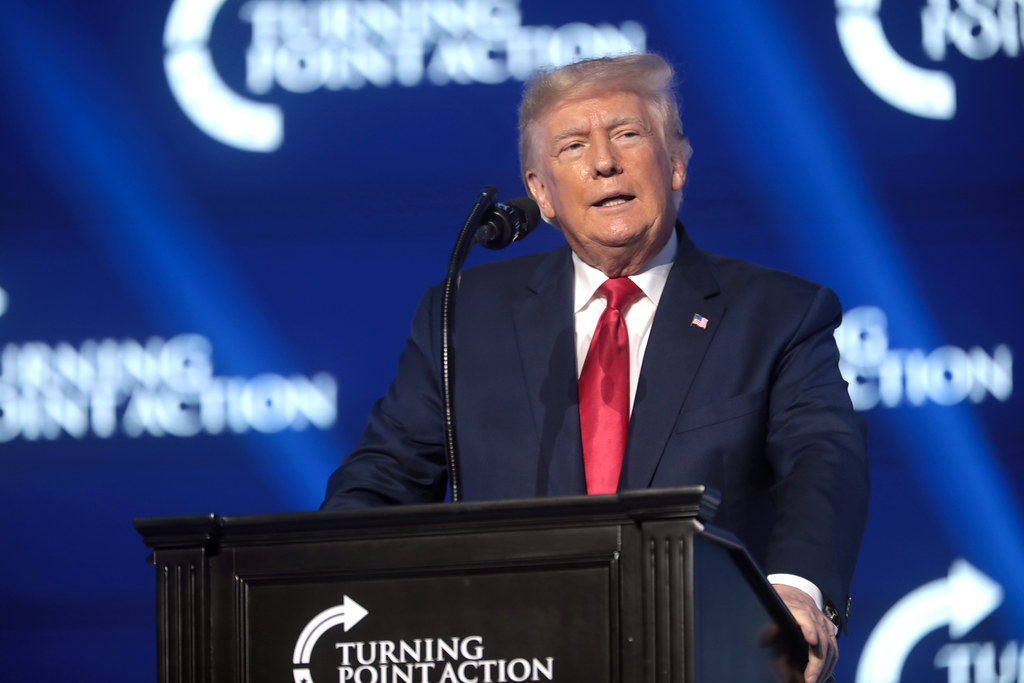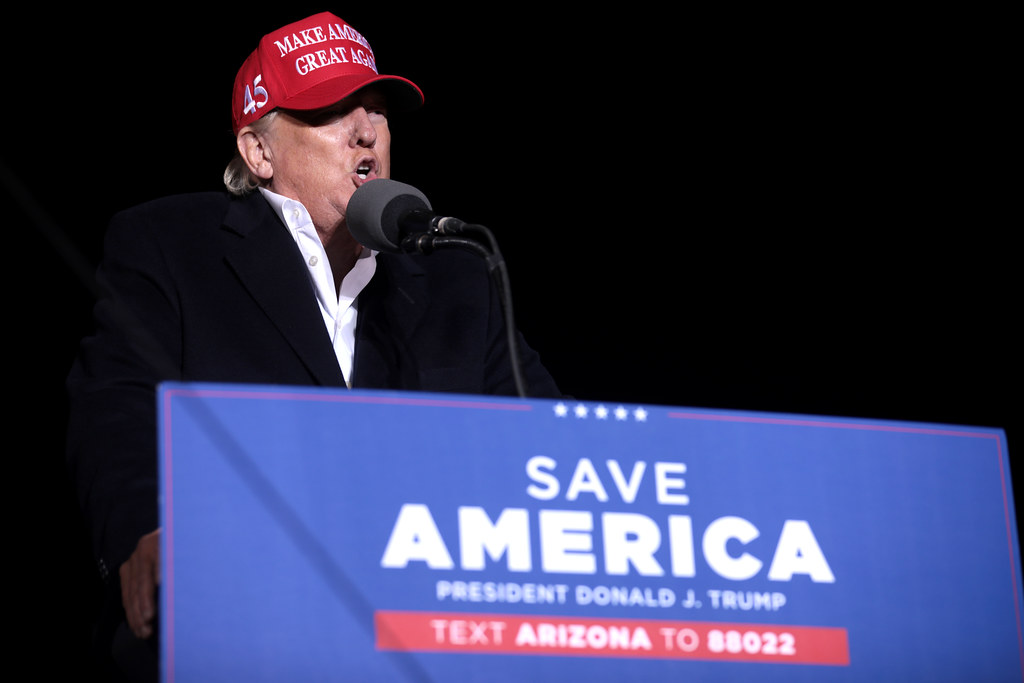As Republicans in Nebraska contemplate a significant change to their state’s Electoral College vote distribution to potentially benefit Donald Trump, their counterparts in Maine find themselves with limited options to counterbalance this move. The unique electoral systems of Nebraska and Maine, the only two states that divide their Electoral votes by congressional district, have long allowed each party to potentially secure an electoral vote in states that they might otherwise lose entirely under a winner-takes-all system.
Nebraska’s Push for Electoral Change
For years, Nebraska Republicans have endeavored to shift their state from a district-based system to a winner-takes-all system, citing concerns about maintaining national political relevance and preempting any similar moves by Maine Democrats. Despite these efforts and a push by Trump and other national Republican figures this spring, they have yet to succeed.
In the 2020 elections, Trump secured an electoral vote from Maine’s predominantly rural 2nd Congressional District, while Joe Biden won a vote from Nebraska’s urban 2nd Congressional District centered around Omaha. The latest initiative in Nebraska, promoted by Senator Lindsey Graham on behalf of Trump, aims to switch to a winner-take-all model, potentially giving Trump a marginal but potentially crucial electoral advantage in future tight races.
Maine’s legislative timeline complicates any responsive action. Legislation in Maine requires 90 days to take effect post-enactment, and with only 89 days left until the Electoral College meets on December 17, the window for changing to a winner-takes-all system has effectively closed. While emergency legislation could be enacted immediately, it would require a two-thirds majority in both legislative chambers—a threshold far beyond the current Democratic control, particularly in the House where they lack a supermajority.
If Nebraska successfully alters its system and Maine remains unable to respond, Trump could gain an additional electoral vote. This scenario could be pivotal in an election where, hypothetically, if Kamala Harris wins key battleground states like Pennsylvania, Michigan, and Wisconsin, but loses others, the Electoral College could end in a 269-269 tie. This deadlock would throw the presidential decision into the House of Representatives, where votes are cast by state delegations, not individual members, giving Republicans, who control the majority of state delegations, an advantage.
The inability of Maine to alter its electoral approach in time to counter Nebraska’s potential changes highlights the strategic calculations at play in both states. Nebraska Republicans, despite previous failures, believe they might persuade enough legislators this time, especially with pressure from Trump.
National and State-Level Reactions
The potential for an electoral vote shift in Nebraska has reignited discussions about the fairness and effectiveness of the Electoral College system. Maine has already joined the National Popular Vote Compact, an agreement among states to award their electoral votes to the presidential candidate who wins the national popular vote, reflecting a growing discontent with the current system.
Democratic state Rep. Dan Ankeles expressed frustration over the electoral manipulation, emphasizing the need for a more equitable method of selecting the president, as highlighted by Maine’s commitment to the National Popular Vote Compact.
The maneuvers in Nebraska and the constraints in Maine underscore the ongoing strategic battles over electoral college votes that could determine the outcomes of tightly contested presidential elections. As both parties navigate these legal and political challenges, the debate over America’s electoral system continues to intensify, with significant implications for future elections.










